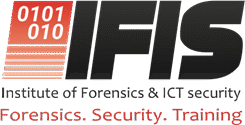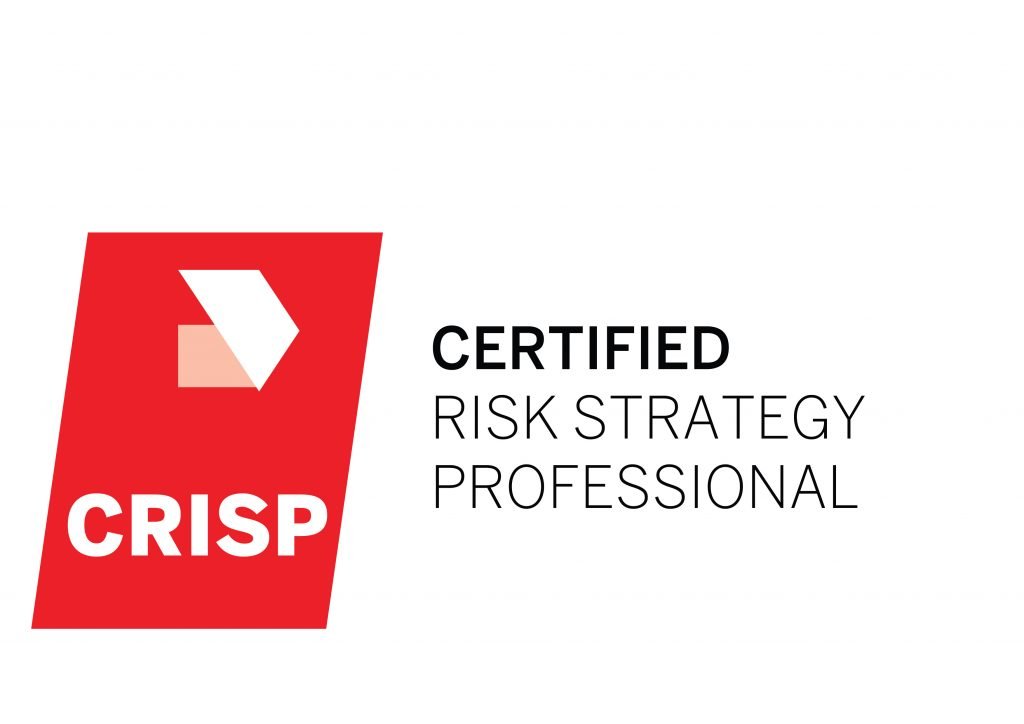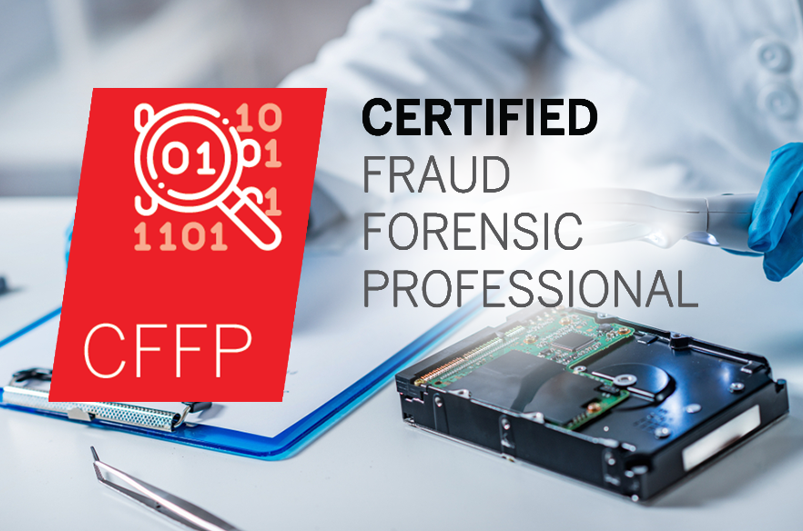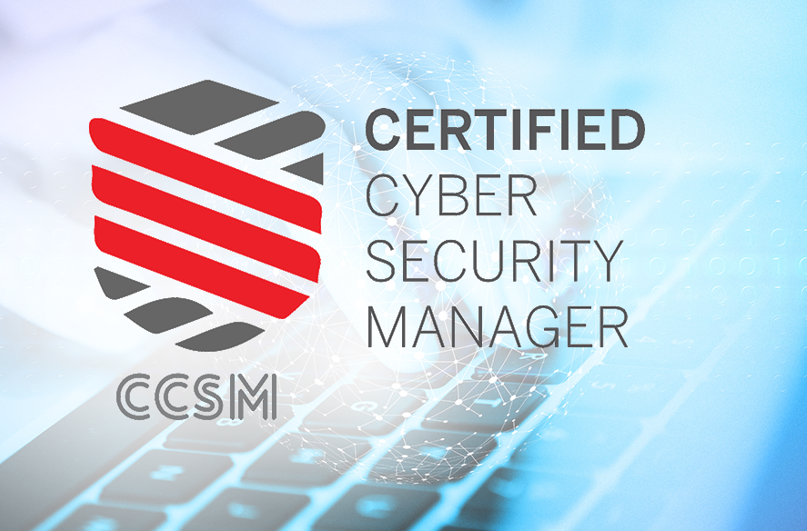Key Domains of CRISP Certification
The CRISP program covers six core domains:
- Enterprise Risk Management (ERM) Principles and Frameworks
- Strategic Risk Identification and Assessment
- Organizational Design and Risk Architecture
- Strategy Formulation and Execution
- Crisis and Reputation Management
- Leadership in Risk Strategy and Stakeholder Engagement
Experience Requirements
To enroll in the CRISP program, candidates must meet the following prerequisites:
- Educational Background: Hold a university degree from an accredited institution.
- Professional Experience: Possess a minimum of two years of work experience, preferably in managerial or supervisory roles, although this is not mandatory.
- Current Employment: Provide proof of current employment as the program emphasizes practical application.
Accreditation and Value of the Course
The CRISP certification aligns with globally recognized risk management and strategy standards, ensuring its credibility and relevance. This is a hands-on course, emphasizing practical skills that can be directly applied to organizational challenges.
Graduates of the CRISP program will stand out as strategic thinkers capable of making informed decisions, improving organizational resilience, and driving sustainable competitive advantage.







